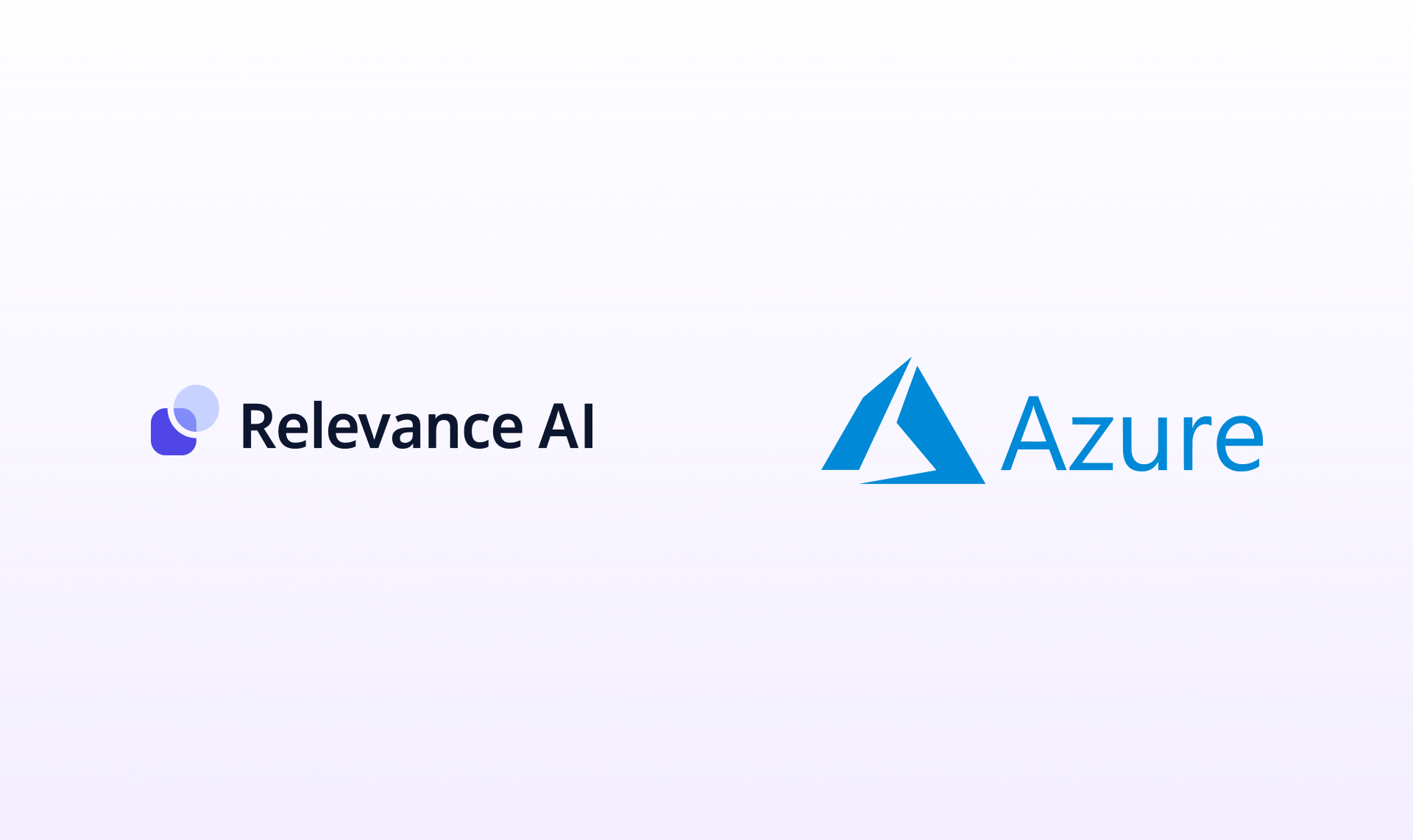
Streamlining HR Tasks with Low-Code AI Agents: A Comprehensive Guide
Artificial Intelligence (AI) has become a transformative force in various sectors, including Human Resource Management (HRM). But what exactly are low-code AI agents in HR, and why do they matter?
Understanding AI Agents and Their Role in HRM
AI agents are autonomous computer programs that perceive their environment, make decisions, and act to achieve specific goals. They operate independently, without requiring direct human control. In HRM, AI agents have been instrumental in automating tasks that traditionally required human cognition, such as adaptive decision-making.
The Transformative Impact of AI on HRM
AI has been applied to transform talent onboarding, development, and offboarding processes. For instance, data mining techniques have been used in employee selection, while smart sensory mechanisms have been employed to evaluate employee productivity. But what are the challenges?
Addressing the Challenges: Resistance to Change, Job Loss Fear, and Organizational Inertia
The interaction between AI and humans has resulted in significant challenges for HRM functions, such as resistance to change, fear of job loss, and organizational inertia. So, how can we overcome these challenges?
The Role of Low-Code AI Agents in Automating Vague Tasks
Low-code AI agents have emerged as a solution to these challenges. These agents allow users to build and deploy AI agents without the need for extensive coding knowledge. They are particularly useful in automating vague tasks and can be equipped with task-specific AI apps to enhance their functionality.
Enhancing AI Functionality with Task-Specific Apps
Low-code AI agents can be equipped with task-specific AI apps to enhance their functionality, making them even more efficient and effective in HRM.
How AI Facilitates Job Application and Selection Practices
In the realm of talent acquisition, AI has been applied to facilitate job application and selection practices. For instance, AI tools have been used to extract data from social networking sites for new employee recruiting. The use of AI in talent acquisition has reshaped job application and selection practices, making the process more efficient and data-driven.
Predictions for AI Integration in HRM by 2025 and 2030
Looking ahead, the role of AI in HRM is expected to grow. By 2025, it is predicted that every leading company will have hired at least one AI employee, and by 2030, 45% of the workforce will be the AI workforce. This shift towards an AI workforce will require HRM to adapt and develop strategies to manage the interaction between AI and human workers effectively.
The Integration of Low-Code AI Agents in HRM
In conclusion, the integration of AI, particularly low-code AI agents, in HRM has the potential to transform HR functions and strategies. However, it also presents significant challenges that need to be addressed. As AI continues to evolve, it will be crucial for HRM to stay ahead of the curve.
Ready to harness the power of AI in your HRM processes? Sign up to Relevance AI for free and hire your own AI Agent. Get to value in less than a few minutes. With Relevance AI, you can streamline your HR tasks, enhance recruitment processes, and stay ahead in the AI revolution.









